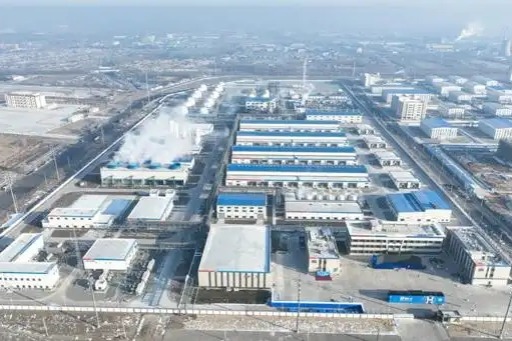Be vigilant about improving air quality

Hong Kong possesses a lot of qualities that make it one of the most livable cities in Asia, ahead of its arch-rival Singapore, according to last year's Global Liveability Ranking compiled by the Economist Intelligence Unit. Air quality, however, is definitely not one of the city's strong points.
Yet, to our surprise, the Environmental Protection Department (EPD) announced on Thursday some encouraging figures: The total number of days in 2016 that saw the Air Quality Health Index reach the "high" pollution level or above has dropped by 44 percent, and the readings at roadside air quality monitoring stations even showed reduction of 61 percent.
Moreover, compared with 2015 the amounts of pollutants detected at general and roadside stations such as respirable suspended particulates (RSP), fine suspended particulates (FSP) and nitrogen dioxide have also declined.
Some conservationists have attributed 2016's marked drop in the number of high pollution days to last year's particularly wet and windy weather - more rainy days and typhoons than usual - which supposedly removed pollutants in the air. While we cannot deny the weather's role in affecting the level of air pollution in a particular year, at the same time we must not overlook the general trends. As a matter of fact, data from 2011 to 2015 as provided by the EPD also showed a clear downward trend in emissions over those years, which showed emission reduction measures were paying off.
Thanks to the wide range of vehicle emission control measures launched by the SAR government since 2000, concentrations of RSP, FSP and sulfur dioxide at roadside have been reduced substantially over the past decade.
Air pollution is also a cross-boundary issue. With the joint efforts of the Hong Kong and Guangdong governments in cutting emissions in the Pearl River Delta region, the ambient levels of the above pollutants in the region have also been reduced in recent years.
Improving air quality is significant as the medical, social and economic costs of air pollution are something we can ill afford. In a study by the University of Hong Kong in 2013, it was estimated that about 3,000 people died prematurely in the previous year due to air pollution and 151,300 were hospitalized for pollution-related illnesses. The resulting medical bills and the losses in productivity were estimated to be HK$39.4 billion. Moreover, many have pointed out that bad air tends to keep highly skilled people from coming to the city and drives others away.
Let's hope the authorities will continue with their good work in reducing air pollution in Hong Kong.
(HK Edition 01/06/2017 page1)
Today's Top News
- Experts: Lai not freedom fighter, but a pawn of the West
- Hainan evolves as gateway to global markets
- Opening up a new bridge between China and world
- Tour gives China-Arab strategic trust a boost
- China accelerates push for autonomous driving
- Opening of new gateway can help foster global economic and trade cooperation






























